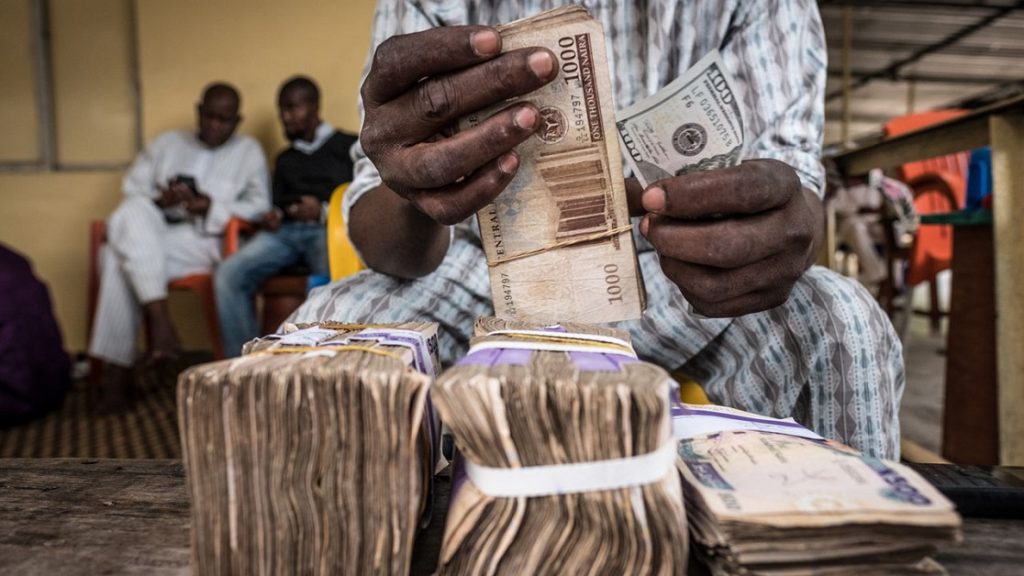The Nigerian government borrowed from the private sector domestically, which led to a 51% YoY growth in the country’s Broad Money Supply (M2), which reached N108.96 trillion in November 2024.
Data from the Central Bank of Nigeria’s Money and Credit Statistics, which was made public on Monday, showed that the increase was from N72.03 trillion during the same period in 2023.
Savings, money market, and time deposits are all included in the broad money supply (M2), along with cash and demand deposits.
According to the data, since April 2024, the M2 has increased by six months.
However, the trend reverted in October 2024, falling 1.5% month over month to N107.7 trillion from N109.4 trillion in September 2024 before rising 1.2% to N108.96 trillion in November.
Additionally, the analysis demonstrated that positive component adjustments were followed by the YoY increase in the money supply.

Additionally, there was a little increase in quasi-money assets, such as time deposits, savings accounts, and other similar assets.
According to the report, Quasi Money increased from N71.3 trillion in November 2023 to N72.7 trillion, a 1.96 per cent YoY growth.
Likewise, demand deposits rose from N23.2 trillion in November 2023 to N31.6 trillion in November 2024, a 34.4% YoY rise.
From N3.08 trillion in November 2023 to N4.65 trillion in November 2024, currency outside of banks grew by 50.9% year over year.
Additionally, narrow money (M1) experienced a huge year-over-year growth of 38%, rising from N26.3 trillion in November 2023 to N36.3 trillion in November 2024.
The CBN claims that government credit grew by 54% year over year from N25.7 trillion in November 2023 to N39.6 trillion in November 2024.
On the contrary, private sector lending increased 27% year over year from N59.7 trillion in November 2023 to N75.96 trillion in November 2024.
As a result, net domestic credit increased by 91% year over year from N60.5 trillion in November 2023 to N115.6 trillion in November 2024.


